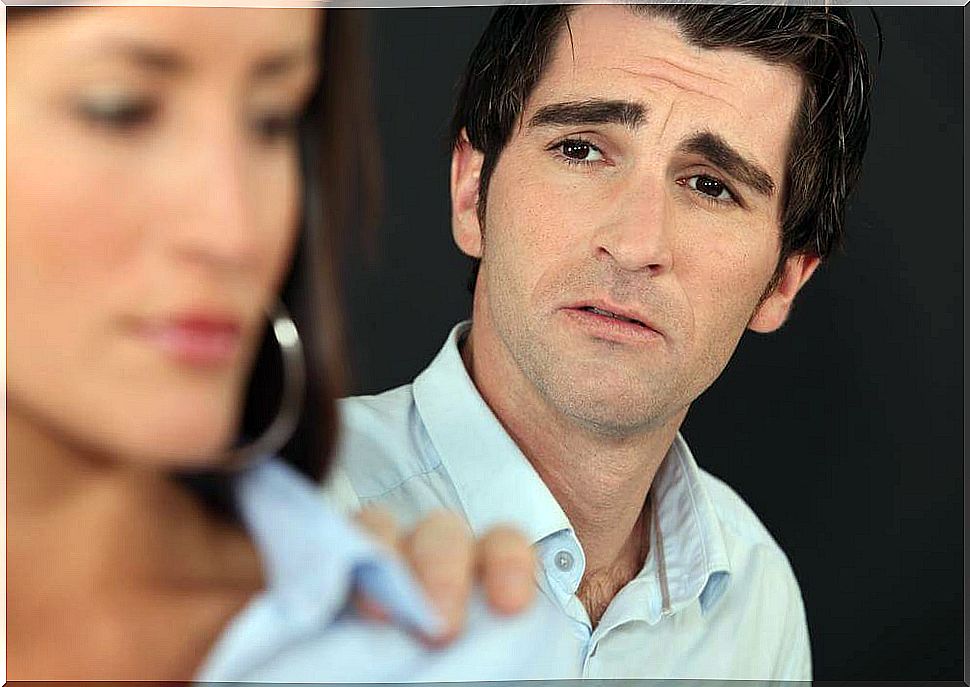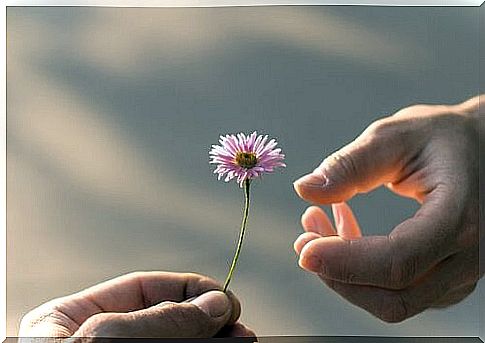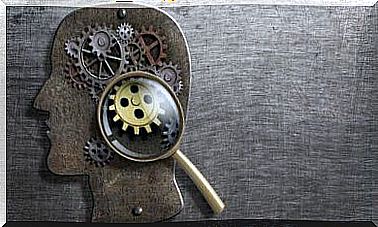Can You Apologize?

We all make mistakes, we make mistakes, we are wrong. Usually, when this happens, we realize it quickly: the very moment we do or say something wrong, an almost automatic evaluation mechanism is set in motion, which gives us an alarm bell.
Sometimes our mistakes affect the people we love or hurt them, however contradictory it may seem to us. Who has never happened to hurt someone with a comment said at the wrong time or with an unfounded accusation? How many times, unwittingly, have we judged someone when we didn’t have the right or we vented out of anger with a person who had no fault?
When these things happen and we realize it, we face the difficult task of apologizing and saying we’re sorry. A gesture that from the outside seems very simple, but which often turns into a complicated process. And this happens because many times we think that, when we apologize, we are not only acknowledging our mistake, but also our weakness.
It can also happen that the person we were wrong with had hurt us in the past and never apologized: so why did we have to make that effort if she didn’t do it first? Sometimes it’s circumstances that put us in trouble, simply because we don’t want to see the person we hurt again. Other times it is shame that acts as a barrier that limits us. Finally, another reason that sometimes arises is that you don’t know how to do it. We tell you!

How to apologize
A proper apology should always include three parts:
– I’m sorry : when you apologize, you are telling the other person that hurting them has somehow hurt you too, that you didn’t want things to be like this and that if you could go back, you would act differently. With a “I’m sorry”, you are somehow opening an empathic channel towards the other person and you are opening yourself to a dialogue in which feelings are the real protagonists. If you succeed, you will have access to the deepest part of the wound you have caused, and this will allow you to heal it.
– It was my fault : when you apologize, you take responsibility for what happened. Admit that it was you and that the other person is not at fault . This part reveals the maturity of the person who is apologizing and leads the other to trust you more.

– What can I do to resolve the situation? Sometimes the harm we have caused cannot be resolved immediately, but other times it would be possible, we just don’t know how to do it. Doing something for the person we hurt voluntarily or letting them know we have the will to do it will show them that we are giving them the importance they deserve. Very often it is only a matter of time, the injured person needs to know that the apology we are giving them is not a simple formality or a way to close the subject and consider it a thing of the past.
If your apology contains these three parts, you will have a much better chance that they are effective and that the person receiving them understands them and feels comforted by what you are conveying to them.
Cover image courtesy of Auremar









